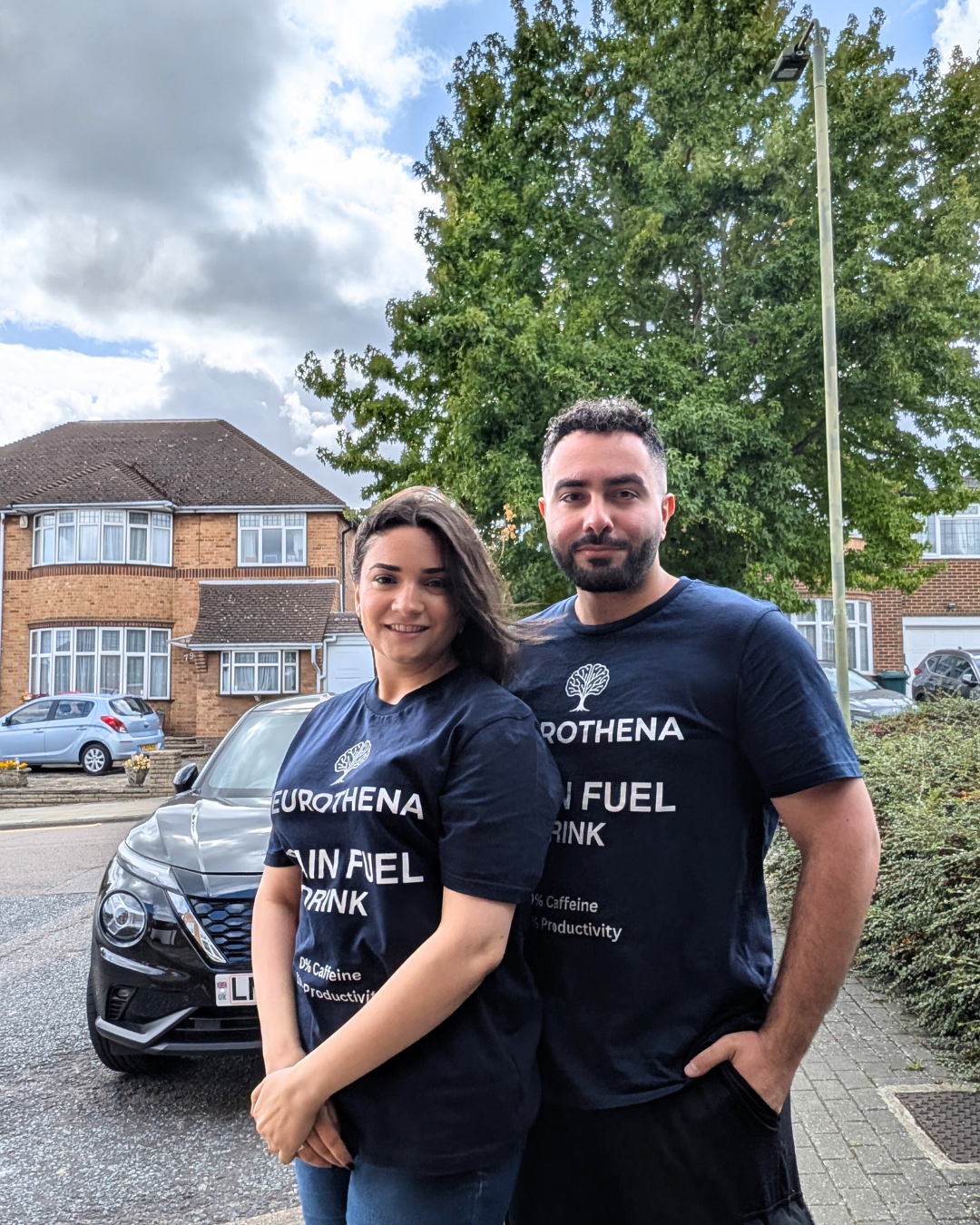Vitamin B12
Vitamin B12 (Cobalamin)
Overview
Vitamin B12 is a water-soluble B vitamin essential for normal neurological function and red blood cell formation. It plays a key role in cellular metabolism, including DNA synthesis, homocysteine regulation, and the production of neurotransmitters such as serotonin and dopamine. Vitamin B12 is naturally found in animal-based foods such as meat, fish, eggs, and dairy.
Scientific Investigations
Laboratory and clinical studies have explored the associations between Vitamin B12 status, homocysteine levels, and aspects of nervous system function. Research has also examined its role in myelin synthesis and other cellular processes that support normal neuron function.
These statements are for informational purposes only and do not constitute an authorised health claim under UK law. The effects observed in research may not be achieved by consuming this product.
The following statements have been authorised by the European Food Safety Authority (EFSA) and are based on scientific evidence. These claims apply to the nutrient content in this product:
Vitamin B12 supports normal energy metabolism and reduce tiredness and fatigue.
Vitamin B12 contributes to normal energy-yielding metabolism
Vitamin B12 contributes to normal functioning of the nervous system
Vitamin B12 contributes to normal psychological function
Vitamin B12 contributes to normal red blood cell formation
Scientific References
-
Moore, E., et al. (2012). Cognitive impairment and vitamin B12 deficiency in older adults: a systematic review. Ageing Research Reviews, 11(2), 177–186. https://doi.org/10.1016/j.arr.2011.11.003
-
O’Leary, F., & Samman, S. (2010). Vitamin B12 in health and disease. Nutrients, 2(3), 299–316. https://doi.org/10.3390/nu2030299
-
Stanger, O. (2002). Vitamin B12 deficiency. The New England Journal of Medicine, 346, 2041–2048. https://doi.org/10.1056/NEJMra020471
-
Smith, A. D., et al. (2010). Homocysteine-lowering by B vitamins slows the rate of accelerated brain atrophy in mild cognitive impairment. PLoS ONE, 5(9), e12244. https://doi.org/10.1371/journal.pone.0012244

Neurothena was created by husband-and-wife team Tara and Ash, after a personal struggle with caffeine turned into a mission. Tara suffered from anxiety and heart palpitations, and was later diagnosed with severe iron deficiency - so serious she nearly needed a blood transfusion. Doctors banned her from caffeine completely. At the same time, her father was diagnosed with a stomach ulcer and also told to cut caffeine. Suddenly, their family realised just how many people depend on caffeine daily, and how few effective alternatives exist.

But without caffeine, Tara felt stuck. How could she stay sharp and focused through her demanding days?
The couple began searching for options, but were left frustrated. Mushroom drinks and “focus” tonics were either slow to take effect, required months of use, or were more marketing than substance.
Determined to find a solution, Ash, with his science background, began a year-long journey of research, testing, and development. Working late nights, experimenting in their own kitchen, and trialling formulas with friends and family, they refused to give up until they had something that truly worked. Tara was the first (and toughest) test subject. It had to be fast acting, delicious and actually work.

